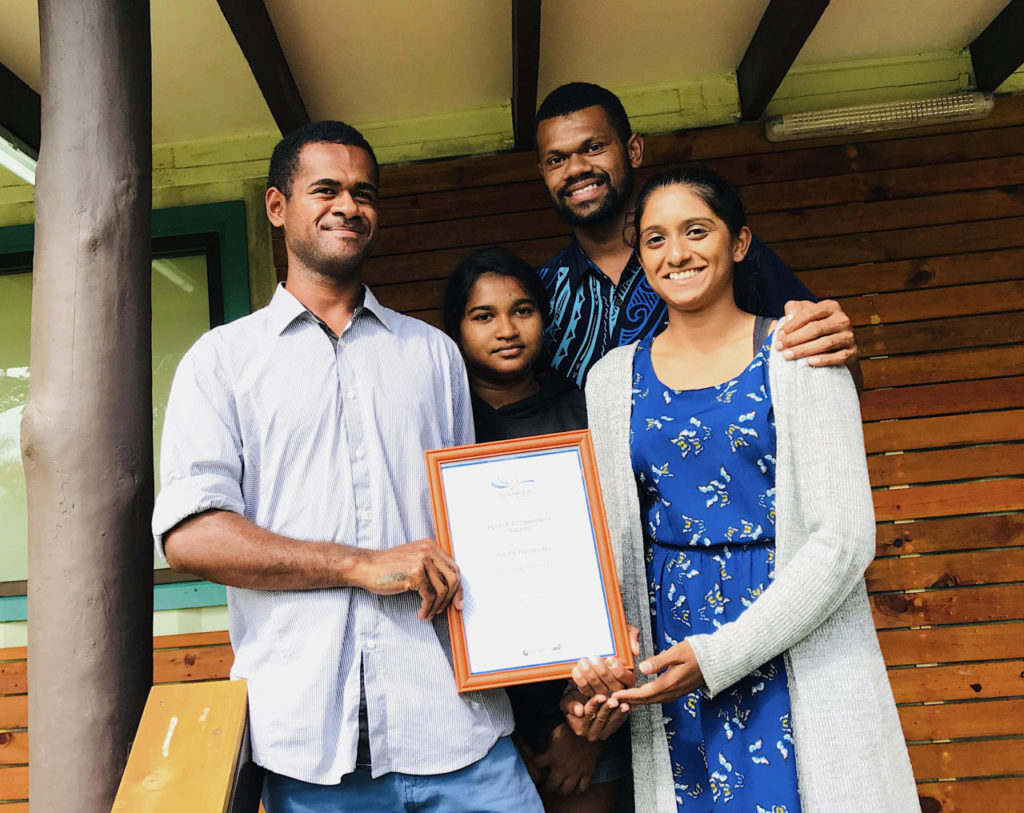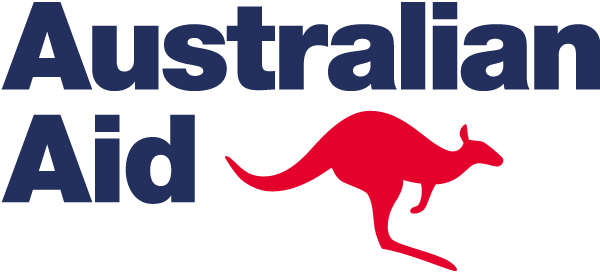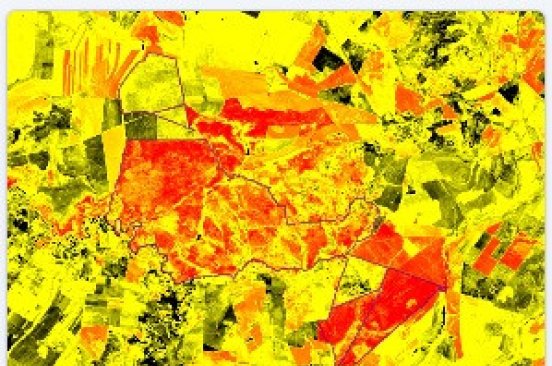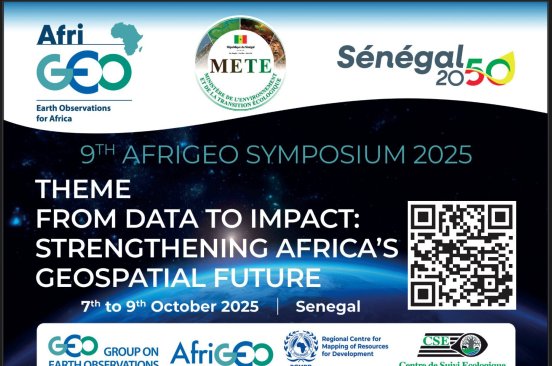
Tradition and Technology Wins Asia Pacific Spatial Excellence Award
These opportunities have made pathways for Fijians to investigate how geospatial tech could work alongside traditional environmental management practices.
December 17th, 2018
 South Pacific Flying Labs, along with the Pacific Telecommunications Council USP Tradition and Technology, was in the spotlight as the Regional winner in the ‘People and Community’ category for the Asia Pacific Spatial Excellence Award (APSEA).
South Pacific Flying Labs, along with the Pacific Telecommunications Council USP Tradition and Technology, was in the spotlight as the Regional winner in the ‘People and Community’ category for the Asia Pacific Spatial Excellence Award (APSEA).
The Awards run by the Spatial Industries Business Association (SIBA|GITA) and the Surveying and Spatial Sciences Institute (SSSI), is the only official event in the Asia Pacific region that recognizes the excellent achievements of both individuals and organizations engaged in the surveying and spatial information industry.
The award ceremony is the highlight of the annual Pacific GIS and Remote Sensing Conference where many other organizations are acknowledged for their work throughout the year. The 4-day conference which occurs every November has created a platform for experts from around the globe and the Pacific region to gather and share their experiences, projects and products.
This year, the Tradition and Technology project was at the receiving end of the prestigious conference award. Project Leader Dr. Nick Rollings stated that the Pacific Telecommunications Council and South Pacific Flying Labs are excellent examples of how funding can snowball into new and innovative opportunities for the Pacific Region and promote genuine capacity building at a local level.
The Pacific Telecommunications Council provided funding for the University of the South Pacific’s Tradition and Technology Project, while Pacific Flying Labs' phase two operations have been funded by the Australian Government Department of Foreign Affairs and Trade’s (DFAT) innovationXchange (iXc).
These opportunities have made pathways for Fijians and other South Pacific islanders to investigate how cutting edge geospatial technology could work alongside traditional environmental management practices. This project changed the way we use and disseminate technology and in particular geospatial and UAV technology for mapping and analysis of the environment in traditional Fijian settings. USP Geospatial Science has been operated in parallel with field operations and research in Fijian village settings with focus on village profiling, mangrove ecosystems, mountain rainforest and reef and lagoon.
South Pacific Flying Labs is funded by he Australian Government Department of Foreign Affairs and Trade’s (DFAT) innovationXchange (iXc).


Category(s)
Location(s)
Recent Articles
View All »

Wildfire Assessment and Web Application in Sao Paulo
